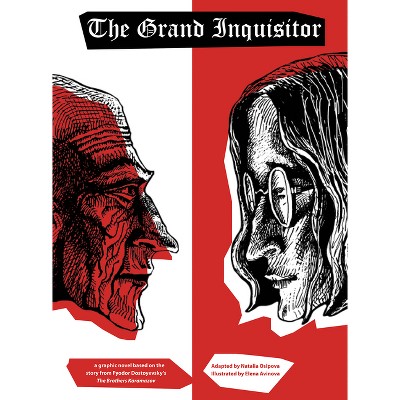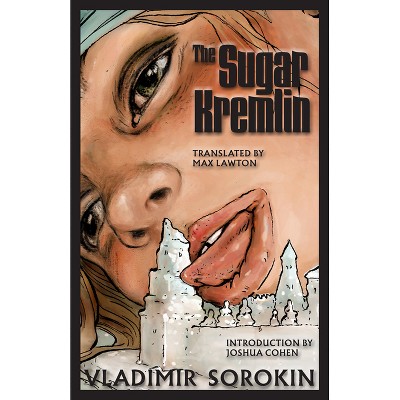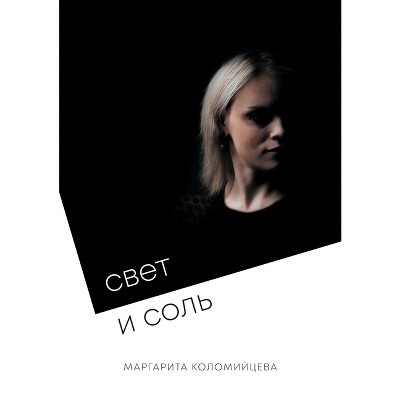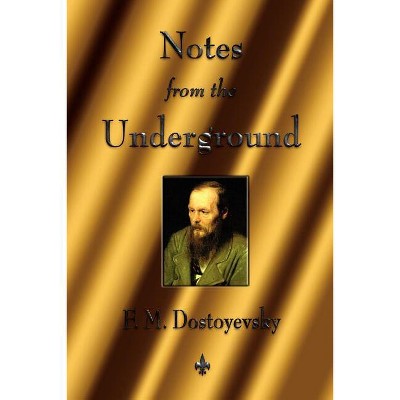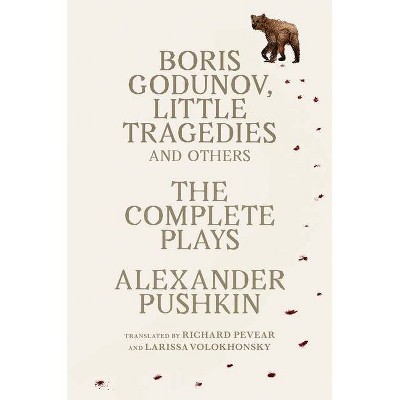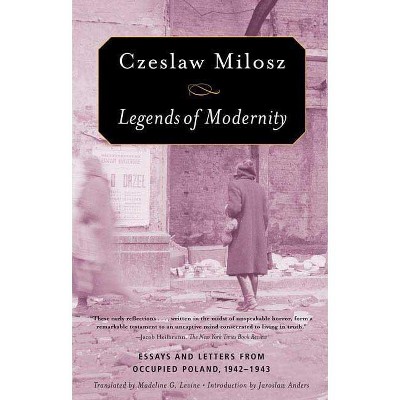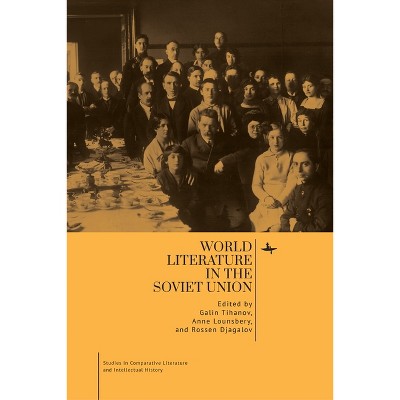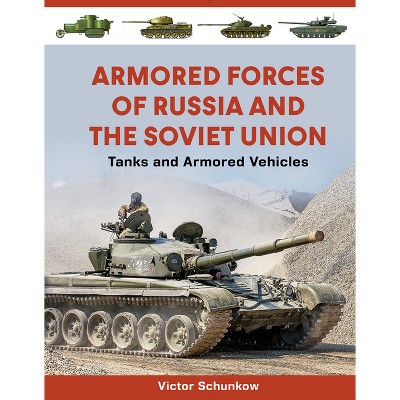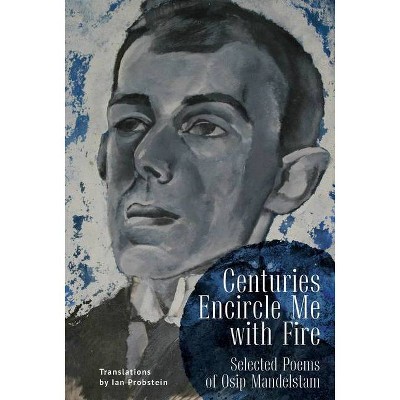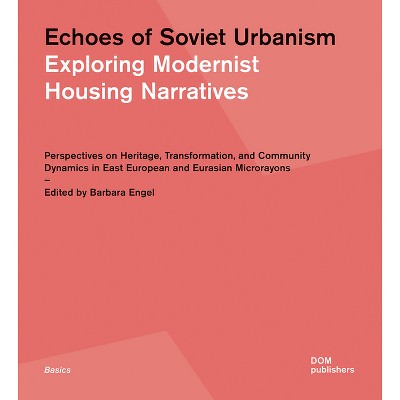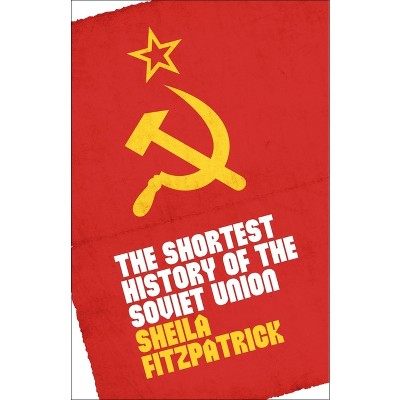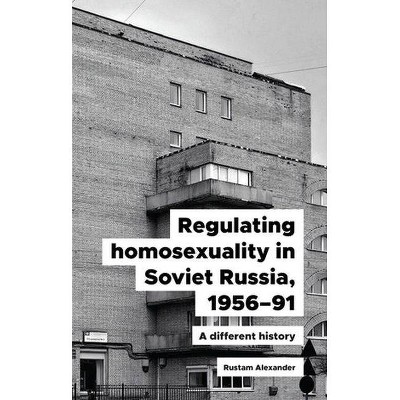Sponsored

Adventure Narratives in the Early Soviet Union - (Cultural Revolutions: Russia in the Twentieth and the Twenty-First Centuries) (Hardcover)
In Stock
Sponsored
About this item
Highlights
- The book proposes a critical historical reconstruction of early Soviet adventure-craze and its lasting popularity in socialist realism.
- About the Author: Riccardo Nicolosi is full Professor of Slavic Literatures at LMU Munich.
- 266 Pages
- Literary Criticism, Russian + Former Soviet Union
- Series Name: Cultural Revolutions: Russia in the Twentieth and the Twenty-First Centuries
Description
About the Book
The book proposes a critical historical reconstruction of early Soviet adventure-craze and its lasting popularity in socialist realism. It also offers innovative theoretical propositions for a philological analysis of adventure fiction that arises from this unique historical constellation.
Book Synopsis
The book proposes a critical historical reconstruction of early Soviet adventure-craze and its lasting popularity in socialist realism. It also offers innovative theoretical propositions for a philological analysis of adventure fiction that arises from this unique historical constellation.
Review Quotes
"How a society defines adventure and expresses it in works of culture can thus reveal much about the constraints of the mundane and aspirations of people to overcome them. Riccardo Nicolosi and Brigitte Obermayr's edited collection of essays, Adventure Narratives in the Early Soviet Union, provides an array of interesting perspectives on the theme...The strength of the volume lies in the seven case studies of adventure literature. It does not rise above its status as a compendium of individual essays but nonetheless offers considerable new material on an often neglected topic of literary history."
- Jeff Brooks, H-Net
"Riccardo Nicolosi and Brigitte Obermayr's edited volume offers a kaleidoscopic view of a kaleidoscopic era in Soviet culture. No one who has looked closely at early Soviet writing and art would consider the editors' focus on 'adventure narratives' to be excessively narrow. Indeed, adventure was the watchword for the first decade of Soviet rule--a rallying cry for the builders of a new culture. Regardless of how the Soviet adventure ended, it gave rise to some of the most innovative and entertaining texts and films of the first half of the 20th century, and the contributors to this volume explore these works with critical acumen and evident relish."
-- Boris Dralyuk, translator of Isaac Babel, Andrey Kurkov, and other authors
About the Author
Riccardo Nicolosi is full Professor of Slavic Literatures at LMU Munich. His research focuses on the literatures and cultures of Russia and the Soviet Union and South Eastern Europe from the eighteenth to twenty-first centuries. His latest publications, which explore the rhetorical and narrative interfaces between literature and science, include: Degeneration. Literature and Psychiatry in Late 19th Century Russian Culture (in Russian, 2019); and Born to Be Criminal. The Discourse on Criminality and the Practice of Punishment in Late Imperial Russia and Early Soviet Union, edited with Anne Hartmann (2017).
Brigitte Obermayr is full Professor of East Slavic Literatures and Cultures at Potsdam University. Her research focuses on the literatures and cultures of Russia and the Soviet Union from twentieth to twenty-first centuries: avantgarde, theory of literature and culture, unofficial late Soviet literature and culture, and the political in literary discourse. She is editor of Dmitrii Prigov's lyric oeuvre (facsimile edition, forthcoming), and her recent publications include the monograph Datumskunst. Datierte Zeit zwischen Gegebenem und Möglichkeit (2022) and the anthology Phänomenologische und empirische Kunstwissenschaften in der frühen Sowjetunion, co-edited with Aage A. Hansen-Löve.
Shipping details
Return details
Trending Books



